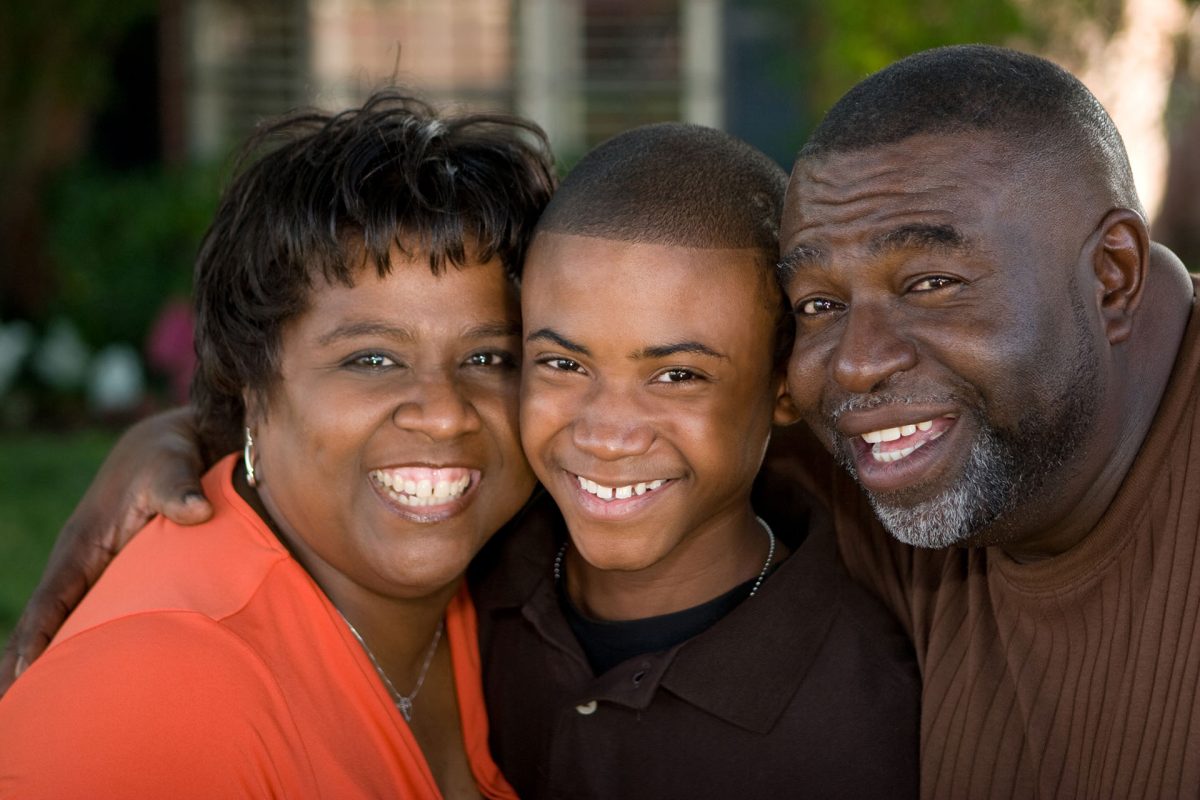Substance Abuse Disorder and Substance Use in Teens
Many teenagers and young adults drink alcohol and experiment with drugs in high-school or at a university, but few realize the risk factors that alcohol and drug use can bring.
Is your child afflicted by a mental health disorder like substance abuse? Learn more about how you can get them the help, support and treatment they need to live a healthier lifestyle.
Substance Abuse in Teens
Adolescence and young adulthood are marked by major behavioral, emotional and physical, changes. Experimenting with alcohol and drugs is common in preteens, teens and young adults, but what often begins as experimentation or the result of peer pressure, can turn into a vicious cycle of addiction. Adolescent substance abuse or adolescent substance use may destroy your child's potential in life.
Sadly, teens and young adults don't typically see the link between their actions today and the potential consequences of tomorrow. They have a tendency to feel indestructible or immune to the problems that others experience and do not recognize the increased risk that the use of alcohol or drug use brings. Additionally, once alcohol abuse or drug abuse develops, treatment is often the only option that can help a teen stop their alcohol or drug addiction – and the only thing that can prevent a lifetime of potential problems for your child.
Commonly Abused Substances
Adolescence and young adulthood are marked by major behavioral, emotional and physical, changes. Experimenting with alcohol and drugs is common in preteens, teens and young adults, but what often begins as experimentation or the result of peer pressure, can turn into a vicious cycle of addiction. Adolescent substance abuse or adolescent substance use may destroy your child's potential in life.
Sadly, teens and young adults don't typically see the link between their actions today and the potential consequences of tomorrow. They have a tendency to feel indestructible or immune to the problems that others experience and do not recognize the increased risk that the use of alcohol or drug use brings. Additionally, once alcohol abuse or drug abuse develops, treatment is often the only option that can help a teen stop their alcohol or drug addiction – and the only thing that can prevent a lifetime of potential problems for your child.
Recent Blogs & Tips
What Are Substance Abuse, Substance Dependence (Addiction) and Substance Use?
According to the Centers for Disease Control (CDC), the terms substance abuse, dependence (or addiction) and use, are used frequently and sometimes interchangeably when talking about alcohol and drugs in the United States.
But what do they really mean?
Substance Abuse
Substance abuse is when your child continues to use alcohol or drugs even when it causes problems in their life – such as trouble with family or their health, school or work.
Substance Use
Substance use is any consumption of alcohol or drugs. Substance use may not be a problem or lead to abuse or dependency in some preteens, teens and young adults.
Substance Dependence
Substance dependence is an addiction to alcohol or drugs, rendering your child unable to stop drinking or using drugs and experiencing physical withdrawal symptoms when they try to quit.
A Substance Use Treatment Center for Adolescents and Teens
If you're looking for a substance use treatment center for your adolescent or teen, take a look at our treatment program in Independence, Missouri, providing healing treatment that helps youths overcome difficult addiction and substance abuse issues in a 24-hour care environment.
How Can I Tell if My Child Has a Substance Use Disorder?
Teenagers and young adults experience a variety of emotional, mental, physical and social changes as they encounter the ups and downs of growing up. Recognizing the signs of addiction, intervening and receiving a diagnosis from a health care provider or behavioral health provider quickly, can significantly reduce the impact of substance abuse or a substance use disorder on your child’s life.
Yet, even with the above definitions in mind, it can still be difficult for parents to tell the difference between the warning signs of alcohol and drug addiction vs. normal developmental, hormonal and personality changes.
There are a number of behavioral and physical indicators that parents should pay close attention to, however, including:
- Child acting aggressive, angry or despondent and having mood swings.
- Breaking rules.
- Dropping old friends for a new friend group.
- Exhibiting physical changes like: bloody or watery eyes, frequent nosebleeds, shakes and tremors or sudden weight loss.
- Losing interest in activities they once enjoyed.
- Sleeping more than usual.
How Are Substance Abuse and Addiction Diagnosed and What Treatment Programs Are Available?
Following our clinical assessment of what substances your child is using, how long they have been addicted and if they suffer from any mental health issues, mental illnesses or mental health problems, we'll determine your child's specific needs to create a customized recovery plan designed to maximize your child’s chances of success and improve their well-being.
Our assessment process is also a continually ongoing process to make any necessary adjustments to treatment to ensure that all their needs are being met.
There are a variety of approaches to treating young people struggling with addictions. Of all the options available, we utilize SMART Recovery. SMART stands for: "Self-Management and Recovery Training," and this approach has been shown, through continual clinical refinement and ongoing scientific research, to be a highly effective treatment for the adolescent brain.
With a blend of Dialectical Behavior Therapy (DBT), which helps change negative thought patterns to positive ones, as well as brain development and emotional coping strategies with group and family support, SMART Recovery teaches teenagers and young adults how to control addictive, high-risk behavior. Your child will learn how to focus on their underlying feelings and thoughts and will learn the skills needed to manage their urges long term.
The SMART Recovery approach to behavioral change is built around the following four-point program:
- Balancing momentary and enduring satisfactions.
- Coping with urges.
- Enhancing and maintaining motivation to abstain.
- Managing behaviors, feelings and thoughts.
Feelings of anger, disappointment, frustration or even shame are common in parents who discover that their child is engaging in risky behaviors like using alcohol or drugs. These responses to teen substance use are natural and should not be ignored. However, communicating these feelings to your child in the form of accusations, criticism or judgment will not help their recovery.

Is Your Teen Struggling With Substance Abuse or Substance Use? Here's How to Get Help
Your child’s substance abuse or substance use involves more than just dependence on alcohol or drugs changes the way they respond to everyone and everything in their life.
With addictive behavior becoming the central focus of their life, recovery is difficult. But with family effort, persistence and professional support, your teen can take back control of their life and continue to grow emotionally, mentally and physically in a healthy way.
Your healing journey starts here.
Does your child need substance abuse treatment? Connect with Embark Behavioral Health to learn more about our treatment programs and options.












